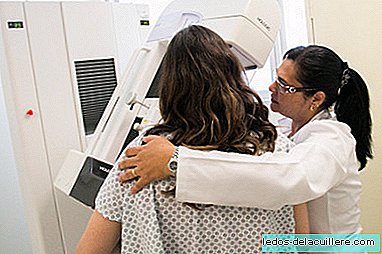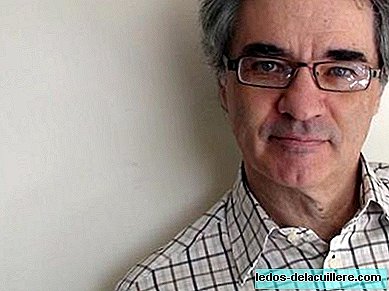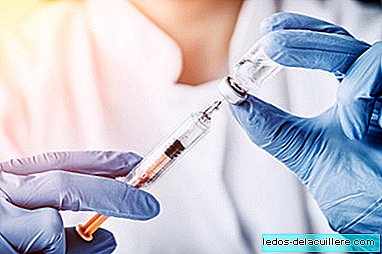
Although the mammographic scanner, as we know it today, began to generalize more than thirty years ago, it is a procedure that is still surrounded by great controversy in medical circles.
A new study, published this week in The British Medical Journal, seems to give the final boost to doctors who think that universal mammographic scanners should be removed from the portfolio of health services. According to that study, One in five cancers detected on a mammogram is treated unnecessarily.
The investigation of this study is the longest and most meticulous ever conducted on the subject. It started in Canada in 1980 and was attended by more than 89,000 women between the ages of 40 and 59, who underwent random mammograms and tactile breast exams.
The conclusions are blunt.
One in five cancers that are detected on a mammogram do not pose a real danger to women's health, but they are still treated with chemotherapy, radiotherapy or surgery.
According to the doctor Mette Kalager, an epidemiologist at the University of Oslo, believes that today, there is no advantage in detecting a tumor before it is large enough for the woman to recognize when touched. Well, many of these analyzes were not performed correctly, since the randomness required in any clinical trial was not respected.
Kalager notes that mammograms could make sense before the appearance of drugs such as tamoxifen, which significantly reduces breast cancer mortality, but nowadays the remedy is worse than the disease.
Overdiagnosis
The doctor Anthony B. Miller, a researcher at the University of Toronto and lead author of the study, notes that, if mammograms are included in which a ductal carcinoma in situ (DCIS) is detected, the most common form of breast cancer, which is non-invasive and not It is always malignant, overdiagnosis reaches one in three cancers.
However, experts conclude that these data cannot be extrapolated to all types of societies, especially those that are less technologically advanced and have less access to these types of resources. In these cases, early detection would make a significant difference.
Despite the study data, few countries consider reducing the number of mammographic scanners. In fact, only Switzerland has considered a study on this approach.
As explained by the doctor Peter Juni, a member of the Swiss Medical Board, the study does not deny that mammograms have a significant impact on the overall reduction of breast cancer mortality, but emphasizes that they increase overdiagnosis that cause useless interventions in women, as they are demonstrating .
On the other hand, the doctor Antonio Llombart, Head of the Medical Oncology Service of the Arnau de Villanova Hospital (Valencia) and member of the Spanish Society of Medical Oncology, it is better to subject the entire population to mammograms that allow early detection of tumors and thus be able to treat them faster and faster. With less hospital intervention time than if they were detected later, they would have a much higher cost to the healthcare system.
“Advanced tumors,” explains Llombart, “have an 88% cure rate, but the cost of treatment is very high, not only on a human level, but also economically.
It seems that we are facing a huge series of data collected over 25 years of thousands of women who come to tell us that it is possible to live with a tumor without it ever developing enough to kill us and even in some cases can get to disappear naturally. Another of the key points is that there are no notable differences in the cure of tumors detected in early stages with respect to those that were detected later.
I also highlight that from the research team itself it is recommended to be very careful when extrapolating the results of the report. It is clear that Canadian society, or rather the feminine part of that society, is absolutely aware of this type of cancer. Thus, for example, women themselves are awaiting the exploration of their breasts looking for a suspicious lump, something that does not happen in our environment, or at least not with the same normality there.
It is clear that we are facing one more step in the knowledge of this type of cancer and that it is important to know that it may not be necessary to undergo a drastic surgery than who else or who least will change your life. But remembering the case of the double preventive masectomy that Angelina Jolie performed because a genetic study revealed a high probability of suffering from breast cancer, who would be able to "wait" to see how a tumor evolves once it has been detected early? Would you sleep peacefully?












